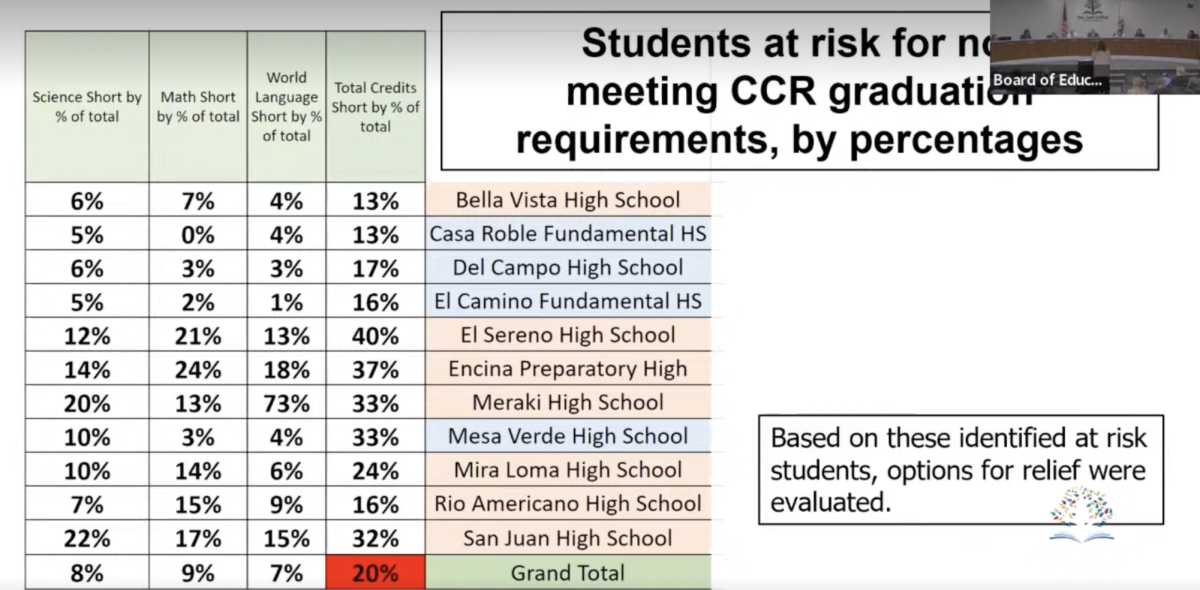In today’s world, everywhere you look you see a device. Smartphones, tablets, smartwatches, computers; they are our worlds. Most teenagers may call themselves “tech savvy,” but in reality they can be very naive.
“Minors under 18 are far more likely to become victims of identity theft than adults,” scam expert Steve Weisman said. “They take longer to find out that they are victims of identity theft, thereby allowing the identity thieves more time to use their identities for criminal purposes.”
Teens never believe they will be part of an internet scam until it is too late. Teenagers also fall victim to credit and debit card fraud.
One of the main online scams teens face is identity theft. Minors under 18 are far more likely to become victims of identity theft than adults. Teens take longer to find out that they are victims of identity theft, allowing the identity thieves more time to use their identities for criminal purposes.
The number one source of scams among teens is not a shocker: social media. With social media such a prevalent and invasive part of teenage daily life, it is clear why they are more likely to be scammed than someone who is rarely on the internet.
Catfishing and identity theft are among the most popular ways scammers are targeting teens. Scammers pose as someone they are not—friends, family or even celebrities.
“I spend a lot of time talking to people online because I play so many video games,” sophomore Ian Thomas said. “I have to be really careful not to share personal information because I never actually know who these people are in real life. Even though they have become my friends, it’s still important to be cautious.”
The second most common teen scam is online shopping.
“Teens and millennials are also big online spenders for expensive goods,” Weisman said. “Often they are lured into phony websites that take their money and sell them nothing, lured into providing personal information used for purposes of identity theft or tricked into clicking on links and downloading malware.”
Almost every teen has purchased something online.
Unfortunately, Rio students have not been able to avoid the scam epidemic.
“I believe that I was a victim of a scam,” senior Reese Miller said. “I do a lot of online shopping and don’t think twice about putting in my card information. On more than one occasion I have had to cancel my cards because someone has made a purchase on it. It sucks when I look at my bank statements and see a charge I did not make.”
As seniors start their college searches, they are always on the lookout for scholarships. Another popular teen scam is fake scholarships or grants. The goal of these scams may be simple identity theft, or it may be a more direct attempt to charge for information about scholarships or free money the public doesn’t know exists.
The Federal Trade Commission advises, “Never pay to apply for a scholarship. If a company promises you a scholarship or grant in exchange for a ‘processing cost,’ ‘redemption fee’ or other upfront payment, walk away.”
These offers sometimes guarantee you will get your money back if you don’t receive the scholarship. Even unclaimed scholarships only available through a special fund can be accessed by paying a fee, although the scholarship money never comes to fruition.
FTC warns: “Sometimes, there’s a callback number or details about an in-person workshop at a local hotel,” the agency notes, where they’ll hit kids with high-pressure sales pitches and requests that they pay for their services immediately or miss out.
Scams like this show how directly teens are being targeted online. Scammers know that teenagers are a vulnerable group and want to take advantage of that. The internet can be a hard place to navigate.
Some easy ways to avoid scams are to secure your personal information, use strong passwords, do not open emails from unknown senders, monitor your accounts and always think twice before sharing your personal information.







































